Keep Sydney Open: Thousands turn out in the city to protest NSW government’s lockout laws
AS up to 10,000 people took to the CBD’s streets to fight for their right to party yesterday, a coalition of doctors, police and paramedics urged Premier Mike Baird to keep “lifesaving” lockout laws in place.
NSW
Don't miss out on the headlines from NSW. Followed categories will be added to My News.
- RESIDENTS WANT BAIRD TO KEEP LOCKOUT LAWS
- EMERGENCY SERVICES: ‘LOCKOUTS ACROSS NSW’
- LAST ORDERS FOR ICONIC BAR AS LOCKOUTS BITE
- LOOPY LOCKOUT LAWS SERVING RED TAPE ON TAP
AS a swarm of up to 10,000 live music fans, bar owners, and hospitality workers took to the CBD’s streets to fight for their right to party yesterday, a coalition of doctors, police and paramedics urged Premier Mike Baird to keep “lifesaving” lockout laws in place.
The massive crowd of protesters — which included Kings Cross nightclub owner John Ibrahim — at the Keep Sydney Open rally were campaigning against 1.30am lockout laws and 3am last drink laws in bars within the Sydney CBD, which they blame for stifling the music scene and crippling small businesses.
But at St Vincent’s Hospital, Dr Tony Sara, a spokesman for the Last Drinks Coalition, said the laws not only should be kept in place, but extended to any precinct marred by alcohol-fuelled violence.
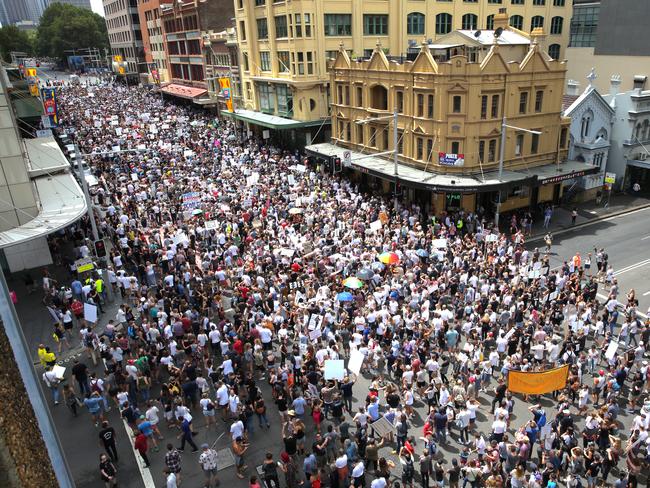
The laws were enacted during an emergency sitting of Parliament in 2014 by then-Premier Barry O’Farrell following the shocking one-punch deaths of Thomas Kelly and Daniel Christie.
“Particularly at this hospital (St Vincent’s), Sydney hospital and to a lesser extent Royal Prince Alfred Hospital, our colleagues, our doctors, our nurses and the paramedics who bring the patients to those hospitals have seen that approximately one-third reduction in alcohol fuelled violence. The bashings, the broken bones, the brain dead people, a third less, that is wonderful,” Dr Sara said.
Dr Sara, whose group includes nurses, police, doctors and emergency workers, dismissed protesters as a “vocal minority” and said lockout laws were overwhelmingly supported by the community.
“This is a very vocal minority, with questionable sources of funds, looking after their own personal self interest, their own hip pocket. My view is that the community wants these laws, the community perceives these make their lives, their families their relatives the community safer.”
In a year after the lockout laws were enacted, Professor Gordian Fulde — director of Emergency at St Vincent’s — said there was a 25 per cent drop in seriously injured patients presenting to hospital during its busiest period, between 6pm Friday and 6am Sunday.
OTHER NEWS: CARDINAL PELL MAY NEVER COME HOME
But at the protest, business owners like David Jank, who has banned both Mr O’Farrell and Mr Baird from his small bar Arcadia Liquors, said the laws treated law-abiding citizens like criminals.
“I feel there has been massive, unnecessary erosions on our ability to conduct ourselves, I think what the reality is about for me is personal choice. It’s about personal freedoms in a big city,” he said.
SHOULD THE LOCKOUT LAWS STAY OR GO? VOTE HERE
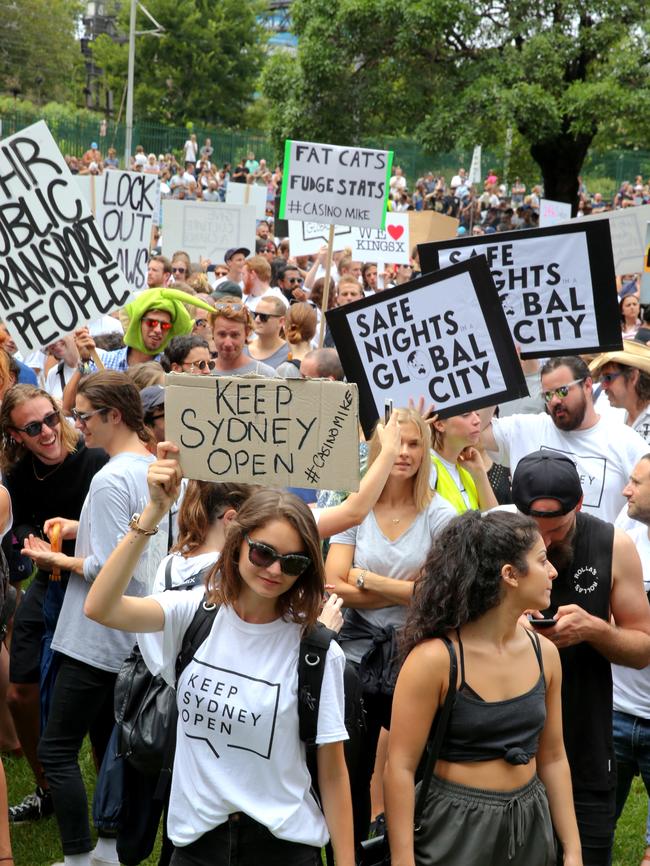
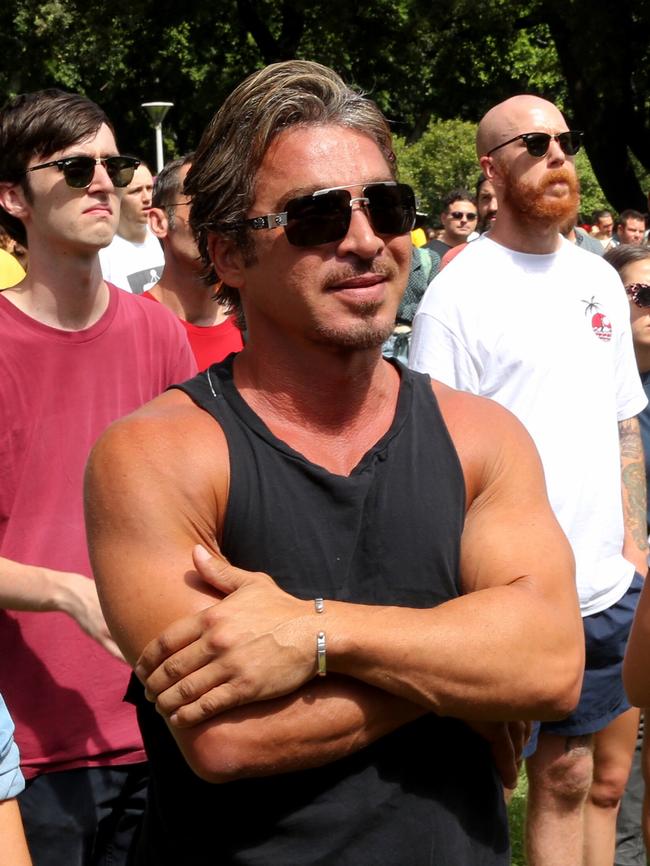
Chris Shortt, drummer for one Sydney band performing at the rally, Royal Headache, said the laws were devastating the live music scene.
“Obviously there were two very tragic instances that politicised the public and ... I can only imagine what their families feel,” he said.
“But there are other solutions to doing this, not just a blanket law that affects so many people. For a start we could get 24-hour transport so people can get on a train and go home if they’re drunk.”
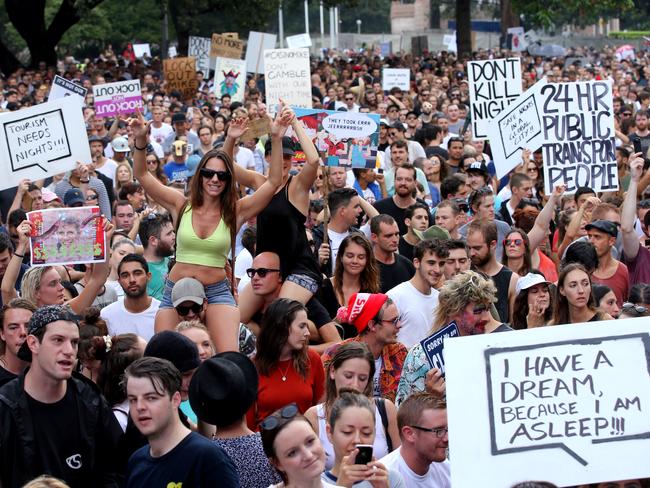
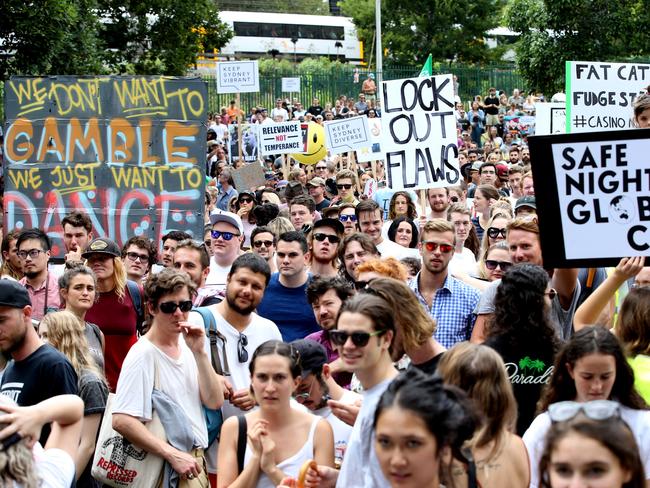
DJ Nina Las Vegas said the “ecosystem” that allowed Australia to produce some of the world’s most popular electronic acts was not possible under the laws.
Mr Baird, who is supportive of the laws, was a focus of the rally — with signs calling him “straight outta touch”. “I think everybody knows how I feel,” Mr Baird said.
“Now it’s time for the rest of the community to have their say, as we commence an independent review under Ian Callinan.”.
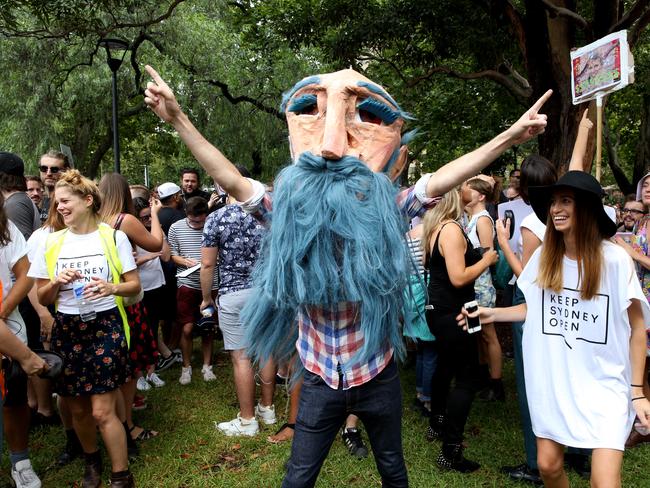
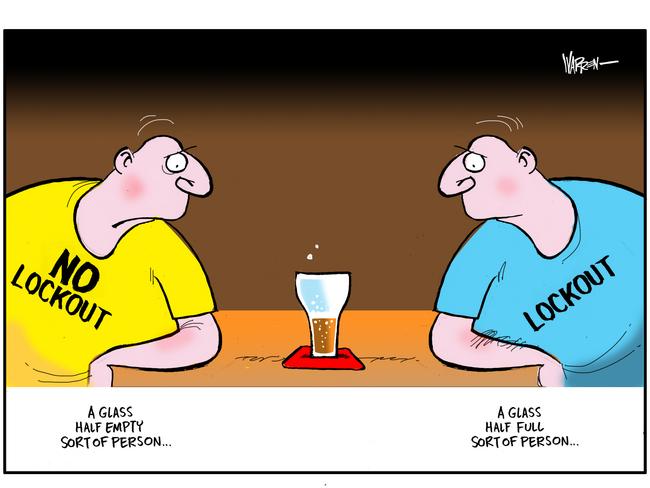
ADVISER PROTESTS POLICY ON LOCKOUT
Janet Fife-Yeomans
A POLICY adviser to the NSW government was yesterday out vocally protesting against its policies.
A staffer in the office of state treasurer Gladys Berejiklian, Jacqui Munro, wore a slogan T-shirt and took part in the “Keep Sydney Open” rally campaigning for an end to the city’s lockout laws, which continue to be supported by Premier Mike Baird.
Ms Munro is also vice-president of NSW Young Liberals, who this month voted overwhelmingly at their annual general meeting in favour of repealing the laws.
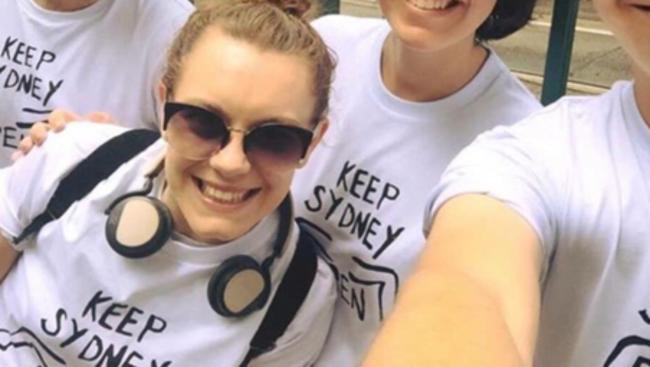
At the time, Young Liberals state president Alex Dore said it was traditional for them to “refresh the debate with new ideas”. Yesterday Mr Dore declined to comment on his vice-president’s outing at the rally.
Ms Berejiklian did not directly comment on the issue of employing someone who did not back her government.
“The statistics on reductions in alcohol-fuelled violence since 2013 have been encouraging. Now there is an independent review that will allow all views to be heard,” she said.
The Young Liberals’ policy will be debated at a Liberal State Council meeting this year but not the next state meeting due in March. Ms Munro could not be contacted.
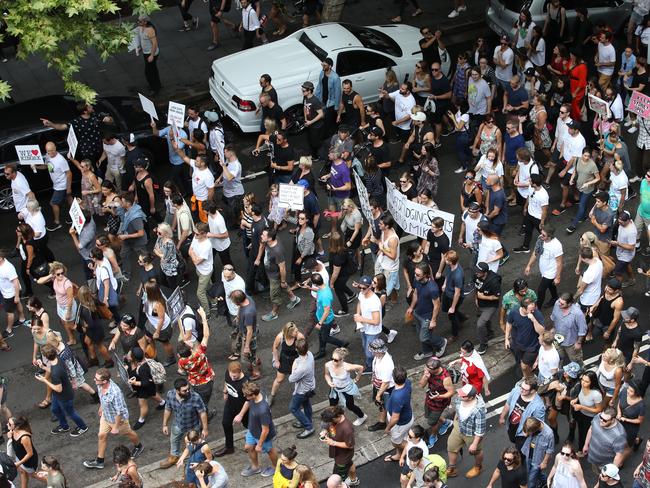
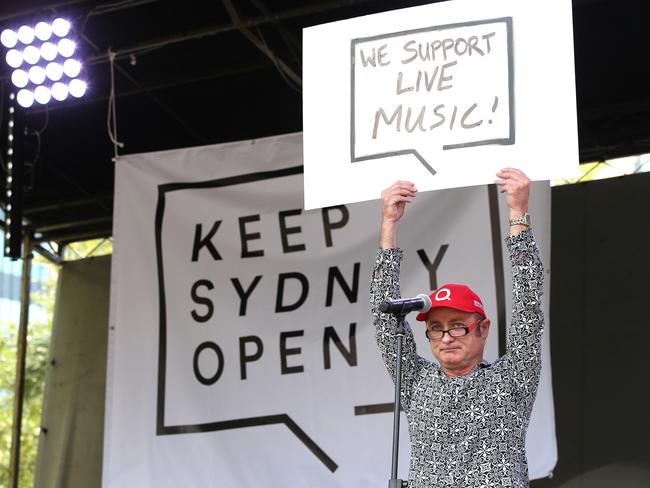
BIG FINES SEND DRUNKS PACKING
Janet Fife-Yeomans
TOUGH fines equivalent to the average weekly wage are helping clean up the streets of drunks.
The fine for refusing a move-on direction from police while intoxicated and disorderly was increased from $200 to $1100 as part of the government’s crackdown on alcohol-fuelled violence in January 2014.
In the first full year since the move-on fines were increased, October 2014 to September 2015, 465 criminal infringement notices were issued, according to the NSW Bureau of Crime Statistics and Research.
The number of people who went to court for persisting in ignoring police while intoxicated and disorderly was 257 that year, down from 343 in October 2010 to September 2011.
The maximum penalty for the offence of continued intoxication and disorderly behaviour was raised from $660 to $1650 in January 2014.




